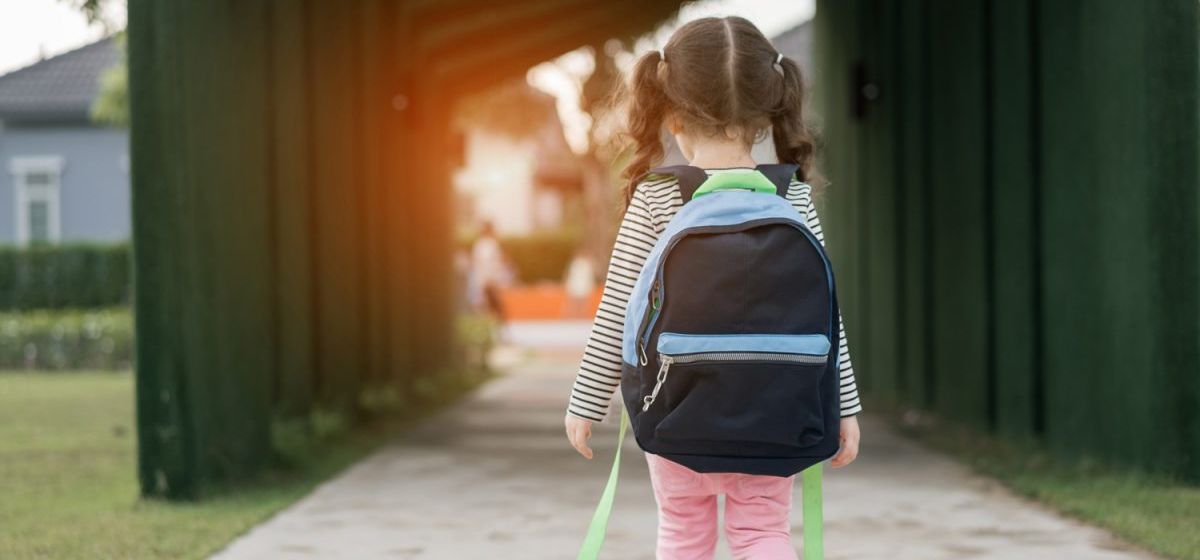
Choosing a School in Dubai: 3 Factors to Consider
Dubai has an excellent educational landscape. A bustling emirate with a significant expatriate population, Dubai is well-positioned to provide your children with a rich environment in which to learn and get accustomed to multicultural diversity.
You’re also spoiled for choice in Dubai. A report by the Knowledge and Human Development Authority (KHDA) says Dubai has 220 private schools with 17 different curricula options. You’ll find plenty of British, American, Indian, and International Baccalaureate or IB schools in Dubai.
Now, all you need to decide is which among your many options is the best school for your children. In line with that, here are three factors you can use to decide on the best school for your children.
The curriculum is a school’s guiding blueprint for its students’ educational journey. It’s crucial to how and what your children will learn, so the curriculum is a critical factor when choosing a school.
While there are 17 different curricula in Dubai, the four most commonly used are the British (80 schools), American (40 schools), Indian (32 schools), and IB (17 schools) curricula.
British Curriculum
The British curriculum is a broad, balanced and structured curriculum taught in more than 150 countries worldwide. It covers the arts, sciences and the humanities and emphasises creativity and critical thinking.
British curriculum students take many national tests throughout the course of their study. In Years 10 and 11, students take their subject-based General Certificate of Secondary Education(GCSE) or international GCSE (iGCSE) exams. In Year 12, they can take Advanced Subsidiary level (i.e., AS-level) exams and, in Year 13, sit for Advanced level (i.e., A-level) exams. Universities often use AS and A-levels when making admission decisions.
American Curriculum
American schools in Dubai typically use the US Common Core State Standards for English and maths instruction and follow the Next Generation Science Standards for science. It is a broad and holistic education that encourages not just academic excellence but also involvement in extracurricular activities.
Unlike the British curriculum, American schools typically rely on internal assessments. There are also no external subject-based exams like GCSEs that students must take and pass to get a high school diploma.
However, American school students can take Advanced Placement exams (AP tests) for certain subjects to earn credits towards a bachelor’s degree. American curriculum students usually take the Scholastic Aptitude Test (SAT) or the American College Test (ACT), typical prerequisites for US university admission.
International Baccalaureate (IB)
The IB curriculum is renowned for its global perspective and emphasis on inquiry-based learning. It fosters meta-thinking and problem-solving and nurtures open-minded, culturally aware students ready to tackle global challenges.
The IB curriculum allows students to master independent research and prepares them for the rigorous academic work in universities. The IB curriculum is worth considering if you want a robust, well-rounded curriculum that prepares students well for university education. A study finds IB Diploma graduates have a university graduation rate higher than the US national average.
Indian Curriculum
The Indian curriculum is known for its focus on foundational knowledge and competitive academic rigour. It’s particularly well-suited for those considering higher education or career opportunities in India.
There are two variants of the Indian curriculum in Dubai. They are:
Council for the Indian School Certificate Examinations (CISCE)
Central Board of Secondary Education (CBSE)
Academic performance is another consideration. Schools that excel academically are doing something right (and doing it well) to achieve their stellar academic results.
The following are a few of the academic performance metrics you can look at when evaluating potential schools in Dubai for your children:
Dubai Schools Inspection Bureau (DSIB) Ratings
The KHDA, through the Dubai Schools Inspection Bureau, inspects and rates schools’ educational standards and performance according to set criteria. DSIB ratings can be:
- Outstanding
- Very good
- Good
- Acceptable
- Weak
- Very weak
Naturally, you want an Outstanding, Very Good or at least a Good school for your children.
Standardised Test Scores
Examine the average scores of students in standardised tests relevant to their curriculum. These include GCSEs/iGCSEs, AS and A-levels, SATs, ACTs, CBSE board exams, and Indian Certificate of Secondary Education (ICSE) exams. You can assess IB schools on their Diploma Program result scores.
Assessment Passing Rates
How many of the school’s students pass international standardised assessments? What percentage of students progress to the next level?
University Acceptance Rates
Check how many of the students who applied for university admission have been accepted. Find out, too, which universities admitted them. Schools with high acceptance rates into reputable universities are more likely to prepare your children for university admission.
Teacher Qualifications and Turnover
Does the school have highly qualified teachers who hold advanced degrees and engage in continuous professional development? These characteristics often correlate with high academic standards. Additionally, low teacher turnover suggests a stable environment.
Consider schools with modern and progressive approaches to learning and instruction. These can include the following:
High Performance Learning (HPL)
HPL is a framework that operates from the premise that all students are potential high-performers. Schools that have adopted the HPL framework focus on developing not only academic skills but also the attitudes and values essential for academic success. They strive to create an environment where advanced thinking skills and a high-performing mindset are the norm.
Rosenshine’s Principles of Instruction
Based on cognitive science research, Rosenshine’s principles of instruction provide clear guidelines on how teachers can introduce new material, check for understanding and foster independent practice among their students. Rosenshine’s principles make for effective and engaging instruction.
Personalised Education
A school that tailors learning to each student’s strengths, needs, interests, and pace is also a strong choice. Such a school will often use technology to adapt lessons, provide immediate feedback, and allow students to learn more about the topics that interest them. This empowering approach turns students into active participants in their learning journey.
Finding a School for Your Children in Dubai
You have hundreds of private schools to choose from in Dubai. To decide on a school, you can assess your options according to their curriculum, academic performance across all grade school ages, and approach to learning and instruction.




